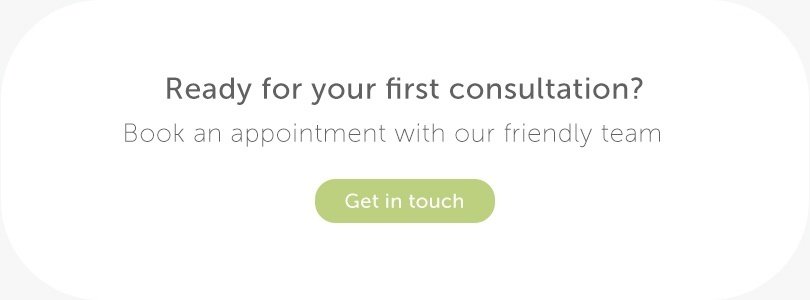How sleep impacts your confidence
By Anthony ● June 29, 2016
Have you ever had a rough night’s sleep and woken up the next day feeling less than confident? An average sleep can result in more than just a 3pm slump, a caffeine overdose and the inability to concentrate. It can also leave you feeling a bit average about yourself.
Being well-rested is one of the simplest ways to boost self-confidence.
Does poor sleep really affect our confidence?
A good sleep to boost self-confidence is scientifically supported. A study published in the International Journal of Behavioural Medicine in 2013 used a large sample study to look at the effects of poor sleep on optimism and self-esteem. It found that those who had less than six hours of sleep had lowered optimism and self-esteem compared to those who got 7-8 hours of sleep.
Sleep deprivation is also linked to feelings of anger, frustration and sadness, feelings that make it rather difficult to boost self-confidence. So it’s no wonder when you get a poor sleep you’re more likely to feel a bit down about yourself.
Daytime practices for when you're lacking sleep
Let’s be realistic– amidst work pressure, kids, social engagements and obligations, getting eight hours of sleep can seem like an unobtainable luxury. If less than six hours is a common reality for you then don’t despair, there are a couple of practices you can adopt to boost confidence.
The first is implementing mindfulness practice. It’s as simple as taking five minutes during your lunch or tea break to practice being in the moment. If you’re dubious about meditation or find that blocking out the noise is humanly impossible, we understand you. To help you, there are a number of fantastic smartphone apps that support getting centred. Headspace is free to download and its ‘Take 10’ guided meditations are quick and straightforward.
The second way you can improve mental clarity and boost self-confidence is all about structuring your day properly. If you’ve had a rough sleep and have a long day of work ahead of you, break up your day to keep your mind fresh. Start by getting some natural sunlight, get up as soon as your alarm goes off, open your blinds straight away and go outside with a cup of tea if you have time. Most of us wake up dehydrated which can increase our feelings of fatigue, so have a big glass of water and fill up a water bottle before leaving the house.
Take frequent five minute breaks or timeouts during the day. Set an alarm on your phone if you need to. Finally, get some sunlight and a brisk walk mid-afternoon to increase energy and leave you feeling less tired and act as to boost self-confidence.
Pre-bedtime activities to improve rest
If you’re finding it hard to wake up with confidence then it might be worth changing your bedtime habits to get a more luxurious night’s rest. It’s as simple as following this three-step rule for more zzz’s to boost self-confidence.
Nix blue light
Put away your iPad, turn off the TV and put your phone away. Studies have shown that the blue light emitted from our electronic devices mess with our body’s natural rhythms and inhibit the release of melatonin. Try to put away all of your devices 1-2 hours before bedtime.
Have a cuppa
There’s a reason why we give warm milk to children when they can’t sleep and it could work for you too. Try relaxing with a cup of caffeine-free green, chamomile or peppermint tea an hour before bed.
Practice a relaxation exercise
If you find your brain becomes full of thoughts as soon as you lie down to sleep then the Sleep Foundation recommends laying down, closing your eyes and focusing on letting every muscle in your body relax. Focus your attention on your body and your breath, taking long deep inhales into your belly (not your chest) and exhaling audibly. Scan down through your body, from your head all the way down to your toes, acknowledging how each body part feels. Any time your mind wanders, gently bring it back to your breath. Practice this for 5-10 minutes.







